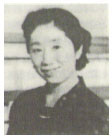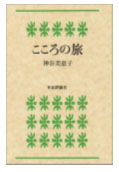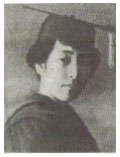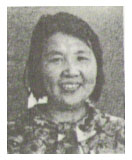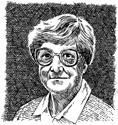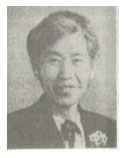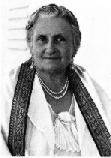

Born: January 26, 1907 in Vienna, Austria
Died: April 28, 2001 in Sussex, England
Doctor of Philosophy (1933), University of Vienna, Psychology
Teaching Diploma (1928), Pedagogical Academy of Vienna
Met Karl and Charlotte Buhler while at the University of Vienna
1933 Headed the Viennese Economics Research Center after divorcing Paul F. Lazarsfeld, the founder and head of the center
1936 Imprisoned by the Austrian socialists
1937 Forced to flee Austria for racial and political reasons
Spent the war years in England
1946 Immigrated to the United States
Professor of social psychology at New York University
Researcher at the American Jewish Committee
Researcher at Columbia University
Founded the Research Center of Human Relations
1965 Recruited by the University of Sussex in England
Marie Jahoda is best known for her contributions to the psychology of unemployment, discrimination, and authoritarianism. -------OSU-------
American Psychological Association Kurt Lewin Memorial award
1973 University of Sussex honorary degree
1973 University of Leicester honorary degree
1973 Commander of the Order of the British Empire
1979 American Psychological Association Award for Distinguished Contribution in the Public Interest
Key Words: psychology of unemployment, Marienthal study, social psychology
